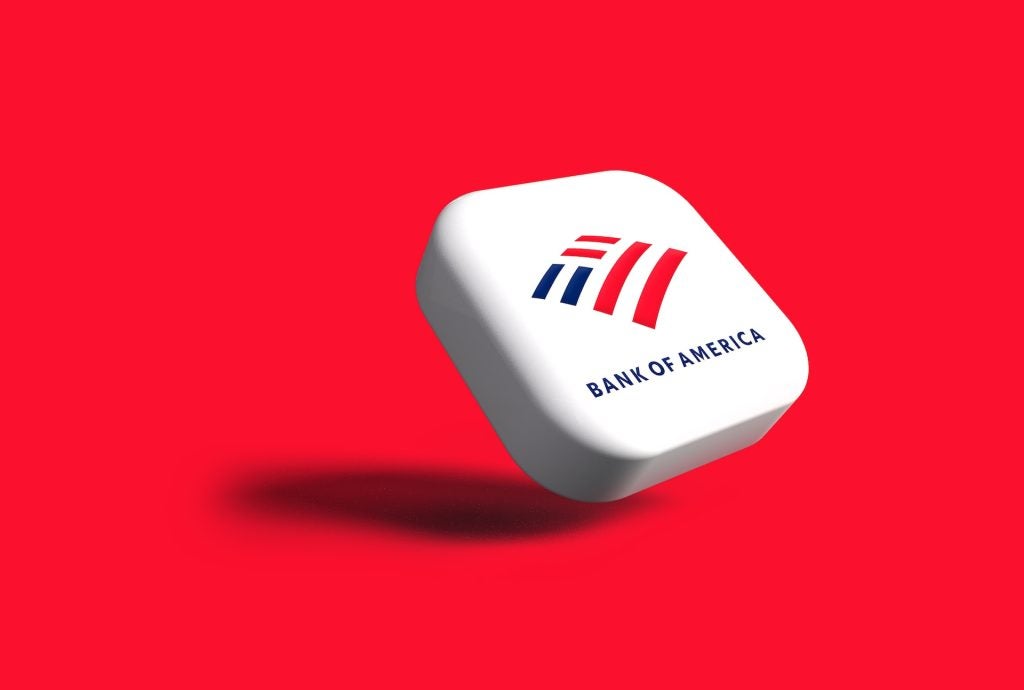Cast your mind back 15 years to a time when many of us thought that email was a passing fad.
Here we are in 2012 and it is now an integral part of our lives and in many cases has replaced the telephone and face-to-face contact.
Imagine trying to run any sort of business nowadays without having access to email in another three years social media will also be viewed by the majority as another standard way of communicating.
It is therefore imperative that the private banking and wealth management industry embrace social media as a matter of urgency those firms that dont risk being left behind.
One of the key ways in which the use of social media can set a firm apart from its competitors is during a PR crisis, when it can use various platforms to manage its reputation among clients and the wider community.
Online reputation management consists of listening for either negative or incorrect statements made about the brand or one of its assets or products and, when needed, setting the record straight.
How well do you really know your competitors?
Access the most comprehensive Company Profiles on the market, powered by GlobalData. Save hours of research. Gain competitive edge.

Thank you!
Your download email will arrive shortly
Not ready to buy yet? Download a free sample
We are confident about the unique quality of our Company Profiles. However, we want you to make the most beneficial decision for your business, so we offer a free sample that you can download by submitting the below form
By GlobalDataA topical case in point is the recent Barclays rate-fixing scandal, which is probably at the extreme end of PR crises (at the other end of the scale is footballer Rio Ferdinands recent tweet about his Coutts credit card being declined, which Coutts chose not to deal with publicly).
Barclays has a number of Twitter accounts and, having undertaken an analysis, only one of these contains any mention of the scandal.
Barclays missed a great opportunity to engage with its clients and the wider market on how the scandal would affect wider operations and how it may impact upon the reputation and asset flows of Barclays Wealth, whose Twitter feed in no way acknowledges the scandal.
In terms of crisis management, here are six tips to effectively manage a response:
Acknowledge a problem if there is one do not ignore it, do not delay reach out to your audience immediately.
Dont be afraid to buy yourself some time with an update let people know that you are working on the problem, that you will update them, and when the next update will come.
Create suitable channels for dialogue, for example by using a Twitter hashtag or Facebook discussion tab. Ideally, you want to funnel specific discussions about the crisis away from your main landing pages, such as your website.
Keep your audience regularly updated about what you are doing to fix the problem. As more and more people are using mobile devices, using social media channels to keep people informed is a no-brainer.
Engage your audience by asking them what they would like you to do it is hard for someone to stay angry at a company when that company thinks enough of them to ask them for advice.
Follow up once the crisis dies down, keep the dialogue going and ensure a de-brief is undertaken so you can understand what you can learn from your handling of the crisis. One of the most efficient and useful ways to physically manage the volume of chatter out there that relates to the crisis in question is to utilise social media aggregators and monitoring platforms.
There are a number of excellent options available in the marketplace.
Hootsuite is ideal for aggregating all of your social media activities, as well as scheduling status updates and content posts, and Arkovi is one of the most comprehensive archiving tools.
Bear in mind that with social media, in accordance with the FSAs record-keeping guidelines, records must be retained for at least seven years, just like paper and other electronic records.
No company will ever entirely remove the potential for a PR crisis.
Carefully thought-out and professionally executed crisis management programmes will, however, go a long way in both mitigating the damage and retaining your clients. <
Graham Aikin runs The BizLinks, a consultancy advising the wealth management industry on how to use social media effectively








Related Company Profiles
Barclays Plc